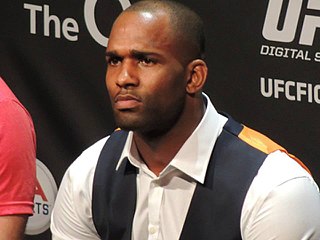A Quote by Tom Perez
I've learned that it's important to listen to employees at all levels, to engage them, to empower them. Whether you're a first-line supervisor or the head of an entire agency, you should be asking career staffers, 'What do you think?'
Related Quotes
Many priests and employees at temples work for pay. No one should judge religion on the basis of the shortcomings of such workers. We should frame suitable rules and regulations for preventing them from falling prey to material temptations. The true guiding spirits of religion are those who engage in selfless service while dedicating their entire lives to attaining the vision of God.
I try not to respond to trolls. I've learned blocking. If anybody is truly mean to me, or says something arrogant - don't respond, you'll only empower them. If you give them anything! So I'll block 'em. Or, if someone's annoying, but yet I still kind of like them, I mute them. Because they don't know! So then, it still looks like we're connected, but I don't have to listen.
People judge you really quickly, at first just on your facial features. There are two dimensions - warmth and competence. You can think of them as trustworthiness and strength. They're first judging you on warmth; evaluating whether or not you are trustworthy. That's much more important to them than whether or not you're competent.
Even when there's not a joke or a hook, the first line has to be good and snapem to attention. Songs ain't novels. You don't have 30 pages to slowly wrap somebody in. They're more like short stories or poems. If the first line hasn't grabbed them, you won't get to the second line. Once you've developed an audience, you may have some luxury and trust, so you don't have to knock 'em over the head with line one.
I respect unions, I think they have an important role to pay and I listen to them, we meet with them, and they raise valid points on a lot of issues like worker safety and so forth, but I also respect the right of individual workers to decide whether they want to pay that fee and whether they want to join a union.
The question should not be whether or not police are allowed to confront suspects; it should be about how we train them. The question should not be whether we have police; it should be how we use them. The question should not be whether judges should have the ability to protect New Yorkers from violent offenders; it should be how we let them.
































